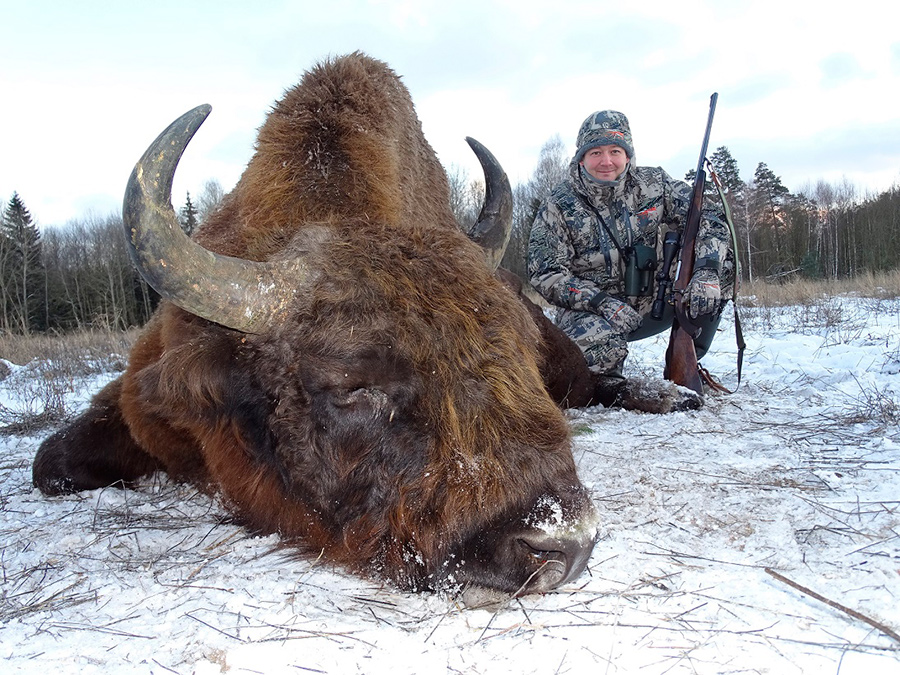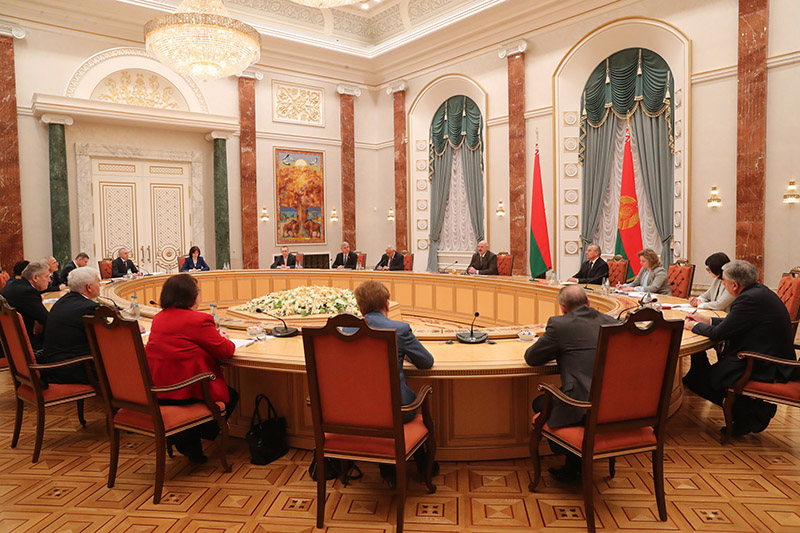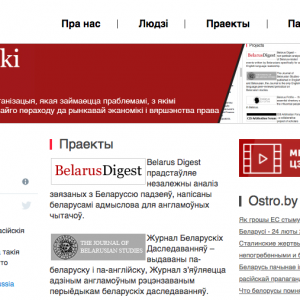Multi-party system in Belarus, High Tech Park expansion, Trudeau’s socks – Belarus state press digest

Belarusian High Tech Park. Photo: Belta
Alexander Lukashenka considers a transition to a multi-party political system. Russian ambassador Alexander Surikov says no deep integration of Belarusian and Russian industries has occurred thus far. Lukashenka says Belarusians need to know the history of the Belarusian People’s Republic, but should not be proud of it.
46 new companies take up residence in the Belarusian High Tech Park in a single day. Lukashenka criticises the government for its poor performance in 2017. Brest Stocking Mill presents a pair of socks to Canadian prime minister Justin Trudeau.
This and more in the new edition of the Belarus state press digest.
Politics
Belarus considers a transition to a multi-party political system. During a meeting with constitutional court judges on 16 March, Constitution Day, Lukashenka mentioned possible future amendments to the constitution. He particularly addressed the topic of a full-fledged multi-party system, reports Zviazda. Proposals to create a party on the basis of the Bielaja Ruś GoNGO (government-organised non-governmental organisation) have long circulated, but the president firmly opposes turning it into a pro-government party.
“Some say that it is high time to delegate certain powers to political parties in order to solve the human resources problem, and this is correct. Others say that the time has not yet come. If society is willing to create a true multi-party system, we need to clearly establish its role in the constitution. However, at this stage, the parties lack sufficient membership,” Lukashenka submits.
Russian ambassador Surikov: deep integration of Belarusian and Russian industries has not happened so far. Ahead of Russian presidential election, Soyuz newspaper talked to the Russian ambassador to Belarus about present and future of the Union State of Belarus and Russia. Surikov does not foresee any significant changes in the relationship between the countries. The Union State will remain a model for integration on the post-Soviet space for a long time.
However, he acknowledged that deep integration of close industries in the two countries has not yet happened and much should be done. “We need to think about what functions to transfer to the supranational level, how to make the Union State a legal entity, so that it has a voice in the international arena,” he said. Surikov also insisted that equal hydrocarbon prices will apply to all members of Eurasian integration projects by 2025.
Lukashenka: Belarusians need to know the history of the Belarusian People’s Republic, but should not be proud of it. During a meeting with young people working in the creative professions on 20 March, Lukashenka commented on the centenary of the Belarusian People’s Republic, which civil society will celebrate on 25 March. According to him, Belarusians need to know the history of the Belarusian People’s Republic’s (BNR) founding, but they should not be proud of it.
The president drew attention to the fact that this period has not been studied thoroughly, and that existing information remains very contradictory. The founders of the BNR sought independence for the country, but they were ready to collaborate with any foreign power for attaining this goal and would fall into dependence anyway, writes Belarus Segodnia.
Economy
On 13 March, the Belarusian High Tech Park registered 46 new resident companies. An expansion of this scale never before occurred in more than ten years since the park’s establishment, writes Belarus Segodnia. This became possible due to the adoption of Decree No 8 “On the development of the digital economy” which becomes effective on 28 March. Last year, service exports from the park exceeded one billion dollars. Almost half of this volume goes to the EU, and 43% to the USA.
Belarusian companies provide IT services to global corporations including Samsung, HTC, the London Stock Exchange, the World Bank, Microsoft, Coca-Cola, Toyota, Google, and British Petroleum. About 1 billion people in more than 150 countries use mobile applications developed in the park. Such success can be largely attributed to the special legal status of the park’s residents. They are exempt from all corporate taxes, and income tax is set at only 9%. The decree extends this special tax regime until 2049.
Lukashenka criticised the government for poor performance in 2017. On 2 March, the Belarusian president discussed reports provided by the government, the National Bank of Belarus, regional executive committees and the Minsk City Executive Committee. He criticised these organs for failings in economic policies, reports Belarus Segodnia. According to him, the government concerns itself only with the formal achievement of indicators. Over the past 7 years, world GDP grew by 25%, while the Belarusian GDP growth did not even reach 6%. The president noted that Belarusian regions develop unevenly – only Minsk, and to some extent the Hrodna region, showed clear progress.
Lukashenka also criticised the unfair competition on the Russian market despite the existing economic union and urged the government to seek new markets. Lukashenka demanded that in the next five-year period, Belarus reaches $100bn of GDP from its current level of $54bn. Only this will make an average salary of $1,000 possible.

Photo: sb.by
Belarus attracts more hunters from Europe. Last year the number of hunters coming to Belarus from the European Union grew by a third thanks to the new visa-free regime. If, as expected, the government increases the period of visa-free travel to ten days, the effect will be even more impressive, writes Respublika. Europeans know about the abundance of wild animals in Belarusian forests, including species that are quite rare in the continent.
They are particularly interested in hunting bison, moose, wood grouse and wolves. The wolf is almost extinct and protected in the EU, yet in Belarus the wolf population grows. Visitors do not need to wait for a month to get a weapons licence since all state hunting companies offer it for rent. Last year, the revenues from hunting exceeded $2m, half of which came from foreigners.
B(r)est foot forward
The Brest Stocking Mill sent an unusual gift to Canadian prime minister Justin Trudeau. The Canadian leader is known around the world for his brightly-coloured socks, which he often wears to official events. With this in mind, Brest residents decided to send a parcel to Mr Trudeau: a set of exclusive socks featuring the cartoon dog Snoopy.
“He loves original socks and we have been working to develop new designs recently. Our main goal is to expand knowledge about Belarus, so we wrote to him that our countries have much in common. A large Belarusian diaspora lives in Canada, and the world-famous ice hockey player Wayne Gretzky has Belarusian roots,” explains company director Siarhiej Žaŭniarovič. Trudeau’s aide recently confirmed that they received the parcel, writes the Minsk Times.
The state press digest is based on a review of state-controlled publications in Belarus. Freedom of the press in Belarus remains restricted and state media primarily convey the point of view of the Belarusian authorities. This review attempts to give the English-speaking audience a better understanding of how Belarusian state media shape public opinion in the country.




 The Ostrogorski Centre in cooperation with the Anglo-Belarusian Society is pleased to present
The Ostrogorski Centre in cooperation with the Anglo-Belarusian Society is pleased to present 
